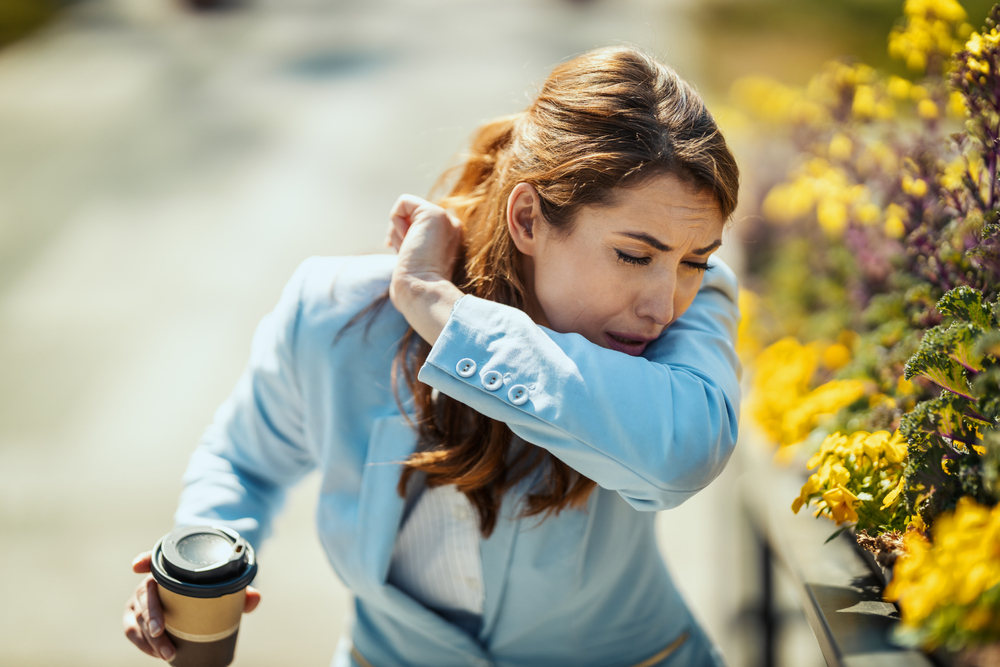
In the summer, allergies are frequently to blame for sneezing, but you may be surprised how complex this bodily function can be. Sneezing plays an important part in clearing out irritants, but it can also reveal intriguing things about how our respiratory system works. Let’s uncover the lesser-known aspects of this common yet intricate reflex.
1. Sneezes: nature’s nasal reset button
Sneezing isn’t just a reflex; it’s a vital mechanism by which our bodies reset the performance of our noses. Imagine a computer lagging or freezing, sometimes, a total shutdown is needed to regain optimum function. Likewise, a sneeze eradicates irritants, allowing the nasal passages to work like a freshly oiled machine once more.
2. Multiple sneezes: doesn’t necessarily mean you’re sick
When somebody sneezes over and over, the typical assumption is illness. Repeated sneezing, however, does indicate that your body is working hard to eliminate irritants from your nasal passage. It’s more of a sinus reset than a sign of an infection or cold.
3. Sneezing and sleep: not that common
Various stimuli can trigger the sneezing reflex. Interestingly, sneezing seldom occurs during sleep because of relaxed nerves. During the day your nasal passages are actively clearing so sneezing is more prevalent. In some rare instances, though, sneezing can be triggered by external stimuli like pepper, even when you’re sleeping.
4. Debunking the myth: your heart doesn’t stop
Contrary to popular thinking, sneezing does not cause your heart to stop. The experience of a missed heartbeat often felt during a sneeze is simply a temporary alteration in blood flow and pressure. There’s no need to be worried that your heart has stopped when you sneeze.
5. Sunlight’s sneeze induction: the photic reflex
Some individuals, when exposed to bright light, will have a sneezing reflex. About one-fourth of the population, when exposed to bright light, will experience what’s known as a photic sneeze reflex. Photic sneeze reflex points out how complex the nature of sneezing can be even above and beyond pollen and allergies.
How to successfully treat sneezing
Sneezing helps clear out irritants but it also plays a big role in the spread of germs. Whether symptomatic or not, it’s important to practice proper sneezing etiquette to decrease the spread of mucus, which can travel up to five feet. Cover your mouth and nose when you sneeze and keep your hands sanitized in order to minimize the spread of germs.
When to consult an ENT specialist for sneezing
Contact us for a consultation if you have worries about your sinus health, allergies, or persistent sneezing.